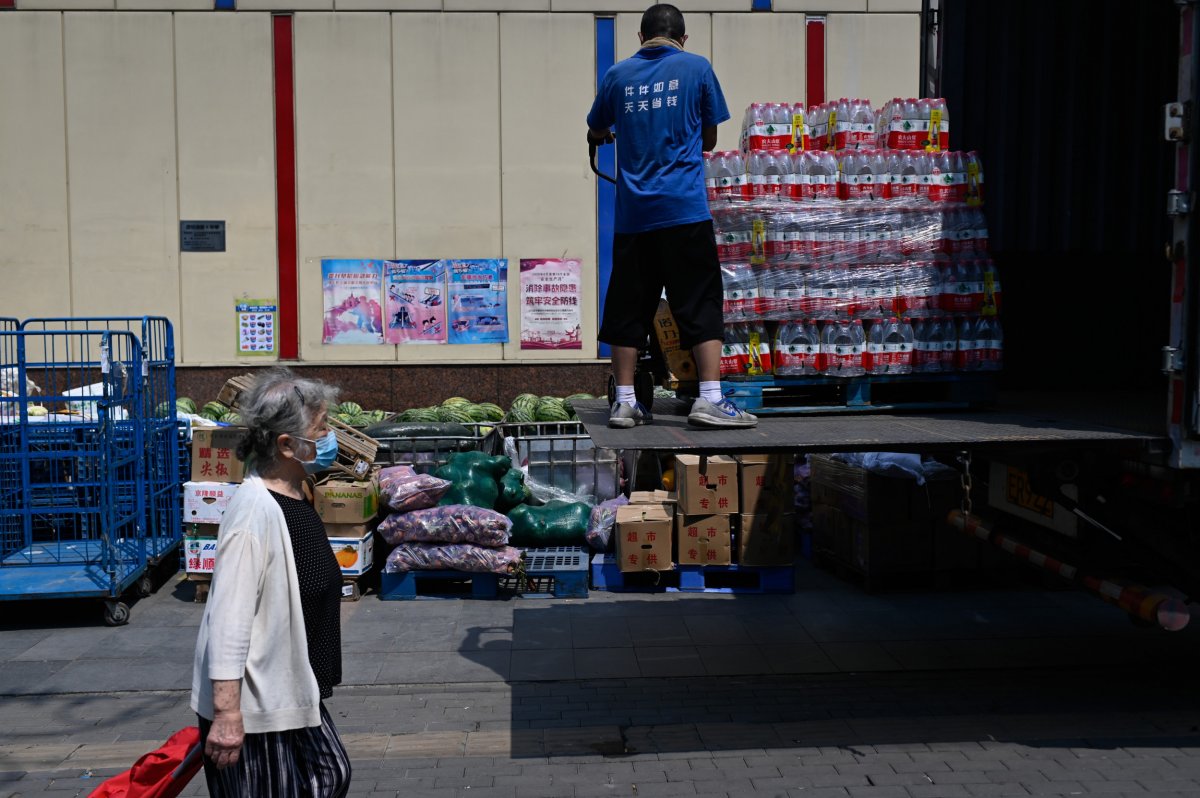China has recommended that citizens purchase and store supplies in case of an emergency, sparking speculation and stockpiling, the Associated Press reported.
According to local Chinese media, the Commerce Ministry posted a notice on November 1 suggesting that citizens stock up on vegetables, rice, noodles, cooking oil, and other necessities. Although the government did move quickly to reduce fears, rumors began to circulate online about a possible escalation with Taiwan.
The tensions between the two countries have been heightening. According to AP, China has been sending more warplanes near the island nation amid the U.S. beginning to sell arms to Taiwan. However, analysts and Chinese citizens do not predict that war is coming to either country.
Despite this hesitancy, rumors regarding a potential escalation spread throughout social media and prompted many to begin mass purchasing and hoarding supplies. Stores have also started posting messages on their windows asking customers to purchase a reasonable amount of goods. These messages also urge consumers not to listen to unfounded rumors online.
"I do not believe that the country wants to send a signal to the public at this time through a notice from the Commerce Ministry that people need to 'hurry up and prepare for war,'" wrote Hu Xijin, editor-in-chief of the Chinese newspaper The Global Times, in a statement.
The government-owned newspaper The Economic Daily clarified that the advice was meant to prepare citizens for another potential COVID-19 lockdown.
For more reporting from the Associated Press, see below.

Taiwan is a self-governing island of 24 million people China regards as a renegade province that should come under its rule.
Chinese residents generally favored bringing Taiwan under Chinese rule by peaceful means, the official position of China's long-ruling Communist Party.
"I don't feel panic but I think we should be more alert about this than in the past," said Hu Chunmei, who was taking a neighborhood walk.
China's state media has covered the rising tensions with Taiwan heavily, including the often-tough words exchanged between China on one side and the U.S. and Taiwan on the other.
"It is natural to have aroused some imagination," social commentator Shi Shusi said. "We should believe the government's explanations, but the underlying anxiety deserves our thought."
He said the populist views cheerleading for war don't represent majority opinion but do send a signal or warning to Taiwan.
Other developments fueled the war speculation. One person shared a screenshot of a list of recommended emergency equipment for families issued in August by the government in Xiamen, a coastal city near an outlying Taiwanese island. An unverified report—denied Wednesday by a military-affiliated social media account—said veterans were being called back to service to prepare for combat.
It's difficult to gauge how many people interpreted the notice as a possible prelude to war, but the reaction was strong enough to prompt a state media response the next day.
Zhang Xi, another Beijing resident, ruled out the possibility of war and counseled patience in a dispute extending to when Taiwan and China split during the civil war that brought Mao Zedong's Communists to power in 1949.
"This is a leftover from history, and it's impossible to solve this right away," she said.

Uncommon Knowledge
Newsweek is committed to challenging conventional wisdom and finding connections in the search for common ground.
Newsweek is committed to challenging conventional wisdom and finding connections in the search for common ground.
About the writer
To read how Newsweek uses AI as a newsroom tool, Click here.








